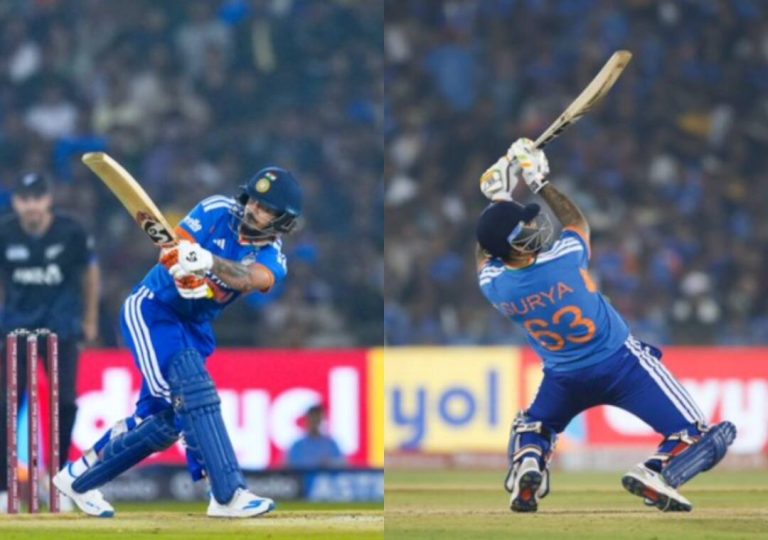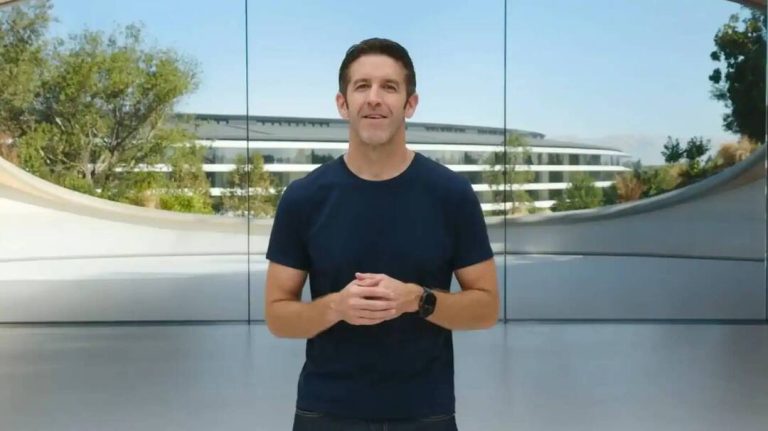
Passing ‘bulldozer order’ was my most important one: CJI Gavai
As the Chief Justice of India (CJI) BR Gavai prepares to retire on November 23, he has reflected on his tenure and highlighted one particular judgment that stands out to him as his most important one. In a recent statement, CJI Gavai expressed that his judgment against “bulldozer justice” was the most significant one he has delivered during his time in office. This statement comes at a time when the concept of “bulldozer justice” has been a topic of debate and controversy in India, with many arguing that it is a form of collective punishment that targets the families and loved ones of individuals accused or convicted of crimes.
For those who may be unfamiliar, “bulldozer justice” refers to the practice of demolishing the homes of individuals who have been accused or convicted of crimes, often as a form of punishment or retribution. This practice has been criticized by many as a violation of human rights and a form of collective punishment that can have devastating consequences for innocent family members and loved ones. CJI Gavai’s judgment against “bulldozer justice” is a significant one, as it challenges the notion that a person’s home can be demolished simply because they have been accused or convicted of a crime.
“How can a house be demolished just because a person is accused of a crime or convicted of it?” CJI Gavai asked, highlighting the arbitrariness and unfairness of this practice. This statement gets to the heart of the issue, which is that “bulldozer justice” is often used as a form of punishment that is disproportionate to the crime committed. It also raises important questions about the rule of law and the protection of human rights in India.
CJI Gavai’s judgment against “bulldozer justice” is a significant one, not just because it challenges a controversial practice, but also because it underscores the importance of upholding the rule of law and protecting human rights. As the highest court in the land, the Supreme Court of India has a critical role to play in ensuring that the rights of all citizens are protected and that the law is applied fairly and justly.
As CJI Gavai prepares to retire, his statement serves as a reminder of the importance of an independent and impartial judiciary in upholding the rule of law and protecting human rights. His judgment against “bulldozer justice” will likely be seen as a landmark decision that will have far-reaching implications for the protection of human rights in India.
It is also worth noting that CJI Gavai’s retirement marks the end of an era, and a new chapter will begin with the succession of CJI-designate Justice Surya Kant on November 24. As the new CJI takes office, it will be important to see how he approaches issues related to human rights and the rule of law, and whether he will continue the legacy of his predecessor in upholding the rights of all citizens.
In conclusion, CJI Gavai’s statement highlighting his judgment against “bulldozer justice” as his most important one is a significant one that underscores the importance of upholding the rule of law and protecting human rights. As the country moves forward, it will be important to continue the conversation about the protection of human rights and the importance of an independent and impartial judiciary. With the succession of a new CJI, it will be interesting to see how the Supreme Court of India continues to evolve and address the complex challenges facing the country.
As we reflect on the significance of CJI Gavai’s judgment, it is also important to recognize the impact that it can have on the lives of individuals and communities. The practice of “bulldozer justice” can have devastating consequences, leaving families and loved ones without a home or a sense of security. By challenging this practice, CJI Gavai’s judgment has the potential to bring about positive change and to uphold the rights of all citizens.
In the end, CJI Gavai’s legacy will be remembered for his commitment to upholding the rule of law and protecting human rights. His judgment against “bulldozer justice” will be seen as a landmark decision that will have far-reaching implications for the protection of human rights in India. As we look to the future, it will be important to continue the conversation about the importance of an independent and impartial judiciary, and to ensure that the rights of all citizens are protected and upheld.
News Source: https://www.newsbytesapp.com/news/india/order-against-bulldozer-justice-was-my-most-important-cji-gavai/story





